Outspoken top athlete takes stand on politics
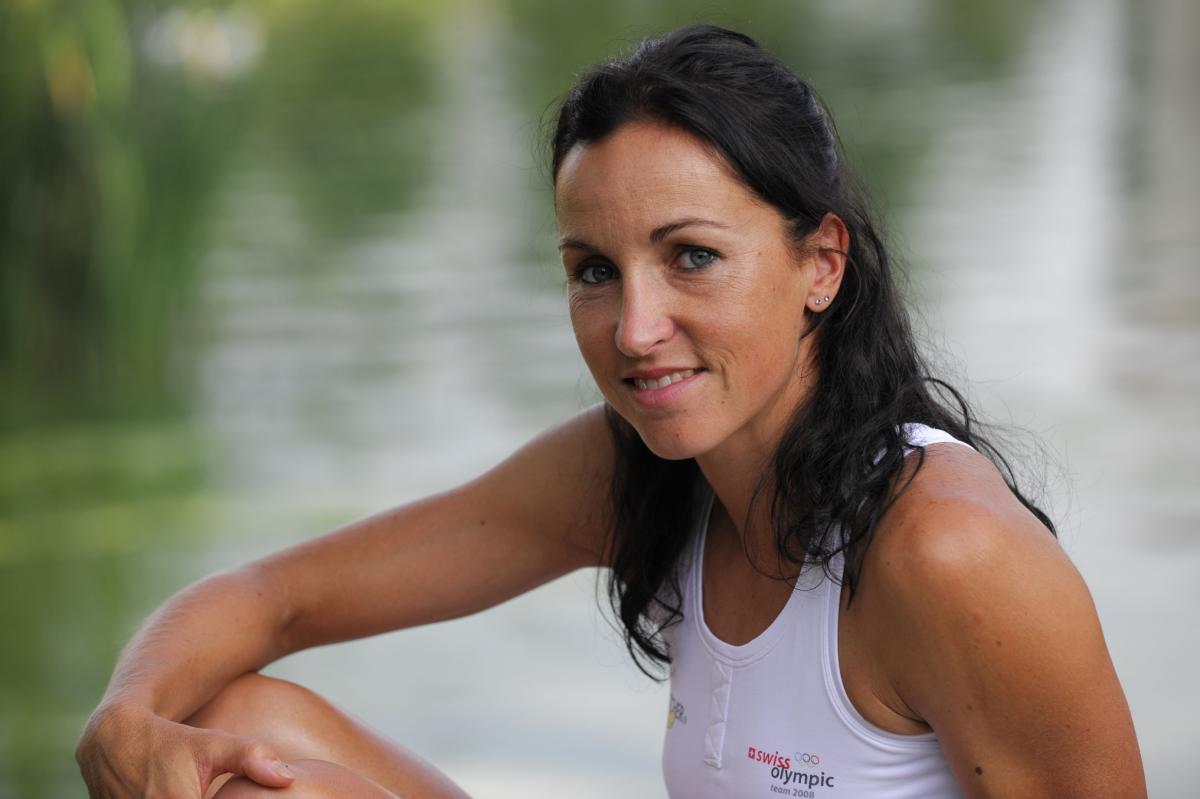
Triathlon champion Magali Di Marco-Messmer says she abhors political games. And she cannot understand why many of her fellow citizens defend Swiss banking secrecy.
In an interview with swissinfo.ch the athlete reveals a commitment not only to her lifelong passion, sport, but also to defending her political ideas.
Elections are rarely a topic for top Swiss athletes, who tend to stay out of politics. Di Marco-Messmer is the exception to the rule.
Although close to 40, she has no intention of retiring yet. Pursuing her quest for extreme effort and performance, the bronze medal winner in the triathlon at the Sydney Games in 2000 wants to concentrate on running.
She is even thinking of competing in the marathon at the Olympic Games in London. “It would be a nice challenge, but for that I will have to get to a higher level,” she says.
swissinfo.ch: Would you define yourself as a politically involved person?
Magali Di Marco-Messmer: I have opinions and I express them. What I hate most of all is injustice. Though I appreciate the play of ideas, the game of politics does not interest me particularly.
As a sports personality, I get to express myself publicly and perhaps have some small influence on people’s opinions. That is at least the beginning of an involvement.
swissinfo.ch: You are one of the few sports personalities in Switzerland who freely express themselves on political topics. Why are the others so reticent?
M.D.: In this country, we have the good fortune to be able to express ourselves freely – so let’s use it!
That reticence is a typically Swiss attitude. You have got to make as few waves as possible and not get a big head, for fear of being criticised. For some of our top sports people, there are also commercial considerations at stake. They prefer to put across a bland image so as not to alienate any consumers.
swissinfo.ch: What political causes are particularly important to you?
M.D.: Social and fiscal policy concern me a lot. I have trouble understanding the majority of Swiss who keep on voting to lower the tax burden on large companies and defend banking secrecy.
I also wish that politicians would care more about the state of our planet. In spite of all the disasters that have happened, people go on thinking that the economy is more important than everything else. As regards immigration policy, I take exception to the simplistic ideas put forward by some parties.
swissinfo.ch: Is voting an important public duty or a waste of time?
M.D.: I must admit that I do not vote at every opportunity. I am not an exemplary citizen that way.
Sometimes it is very hard to get a proper idea of all the topics put to a ballot. On some of them, only a minority of people have the intellectual capacity to form a really well-founded opinion. I also get the impression that the citizen is often manipulated by the political parties.
swissinfo.ch: What do you expect from the October elections?
M.D.: Not a lot. At every election, political games and strategies get the upper hand. The debate always falls to a very low level.
What’s more, the majority of those elected are under the influence of economic interest groups. For me that’s a real scandal.
swissinfo.ch: In the wake of the nuclear disaster at Fukushima, you advocated environmentalist and anti-consumerist ideas on your Facebook page. As a sportsperson, have you developed a particularly close relationship with nature?
M.D.: I have a close relationship with nature, but it is not necessarily tied to the practice of sport. I and my family have chosen to live in a place that is far from civilisation.
I still have a long way to go in terms of ecology, especially in the reduction of my energy consumption.
But as long as you at least start to be responsible in your behaviour, that will influence other people and have a snowball effect. Even the political world will eventually be obliged to follow.
Because degrowth – the downscaling of production and consumption – is the only solution to save what can still be saved.
swissinfo.ch: Let’s get back to your lifelong passion. How do you see sport in the 21st century?
M.D.: The economic and political stakes are such that sportspeople have practically no role left to play in those great planetary events known as the Olympics and the football World Cup.
But apart from that, there does exist a sporting world which is much more modest, with athletes and sports federations who have to be content with few resources and who are mainly motivated by their passion.
swissinfo.ch: Would you wish for greater state support for all those sporting disciplines which are left a bit on the margin?
M.D.: Of course, it would be easier for top sportspeople in Switzerland if there was a real policy of support from the state, as is the case in France, Germany or Italy. Politicians love sport when they get to pose with the winners.
But when it comes to supporting the base, forget it! Yet sportspeople do a pretty good job of representing their nation – they embody worthwhile ideals and values.
swissinfo.ch: The sports you practise require endurance, sacrifice and an iron will. Do you sometimes get the impression you are cut off from the society around you?
M.D.: I like to compare myself with an executive or a politician who makes a major effort to reach success. On the other hand, I do sometimes feel remote from the kind of people who think that everything should just fall into your lap.
The willingness to make an effort needs to be emphasised more, from school age on.
We need more social justice, but social policy comes with its own costs, and it is only right that everyone should be part of the effort.
Ahead of the October 23 elections, swissinfo.ch publishes a short series of articles about public figures and their views on politics.
The personalities come from the world of science, business, sport and the arts.
Born in 1971, Magali Di Marco-Messmer is married and the mother of a nine-year-old son.
After starting out as a swimmer, she moved into triathlon at the age of 21. In 1995, she took part in the European and world championships for the first time. In 1996, she reached 3rd place in the World Cup, a competition which she won three years later.
She has twice been vice-champion of Europe in her sport, and has been several times Swiss champion. In 2000, she won a bronze medal at the Sydney Olympic Games.
Following that achievement, she quit her career in sports a second time before making a come-back in 2003. This turned out to be a successful move, because she won the national title three years running (2005, 2006, 2007) and was several times among the top ten in the World Cup.
In 2010, she gave up being a triathlete for good and started running marathons. Besides sport, Di Marco-Messmer is active in her husband’s business – he markets timing systems for amateur sport.
(Adapted from French by Terence MacNamee)

In compliance with the JTI standards
More: SWI swissinfo.ch certified by the Journalism Trust Initiative
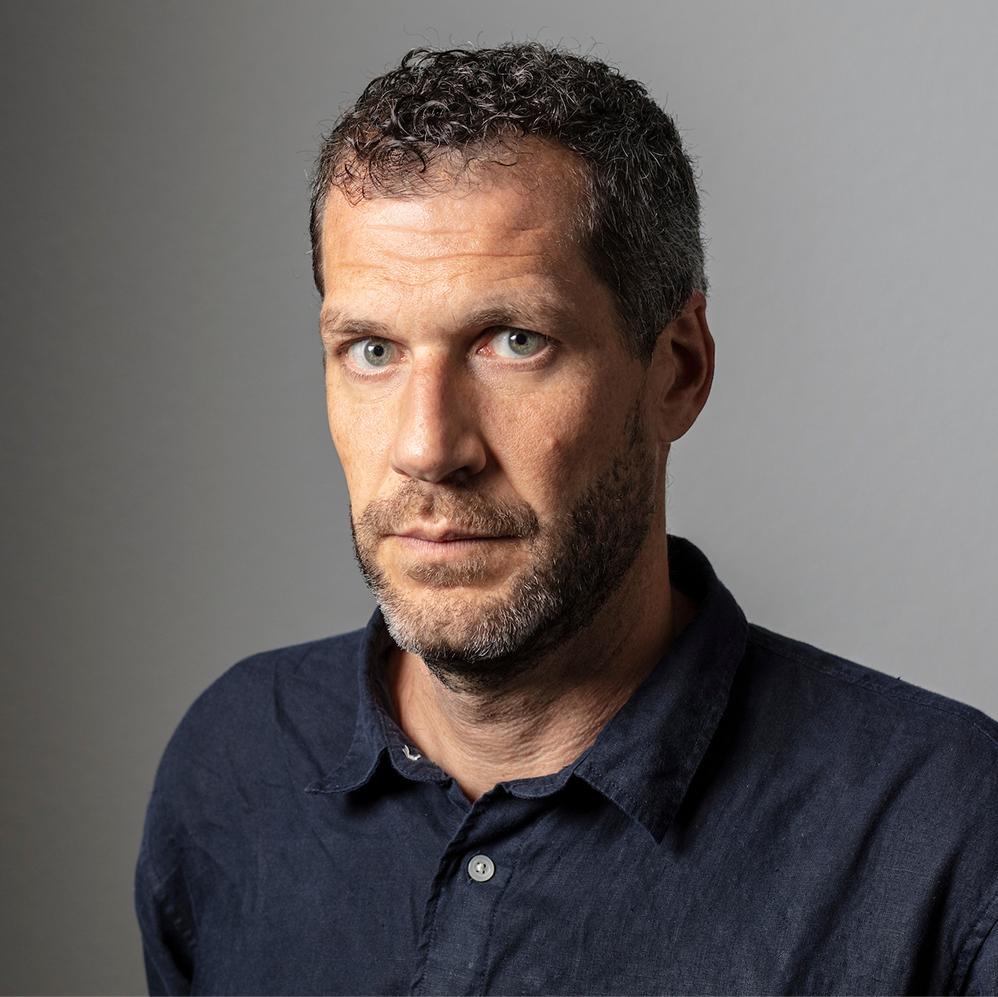
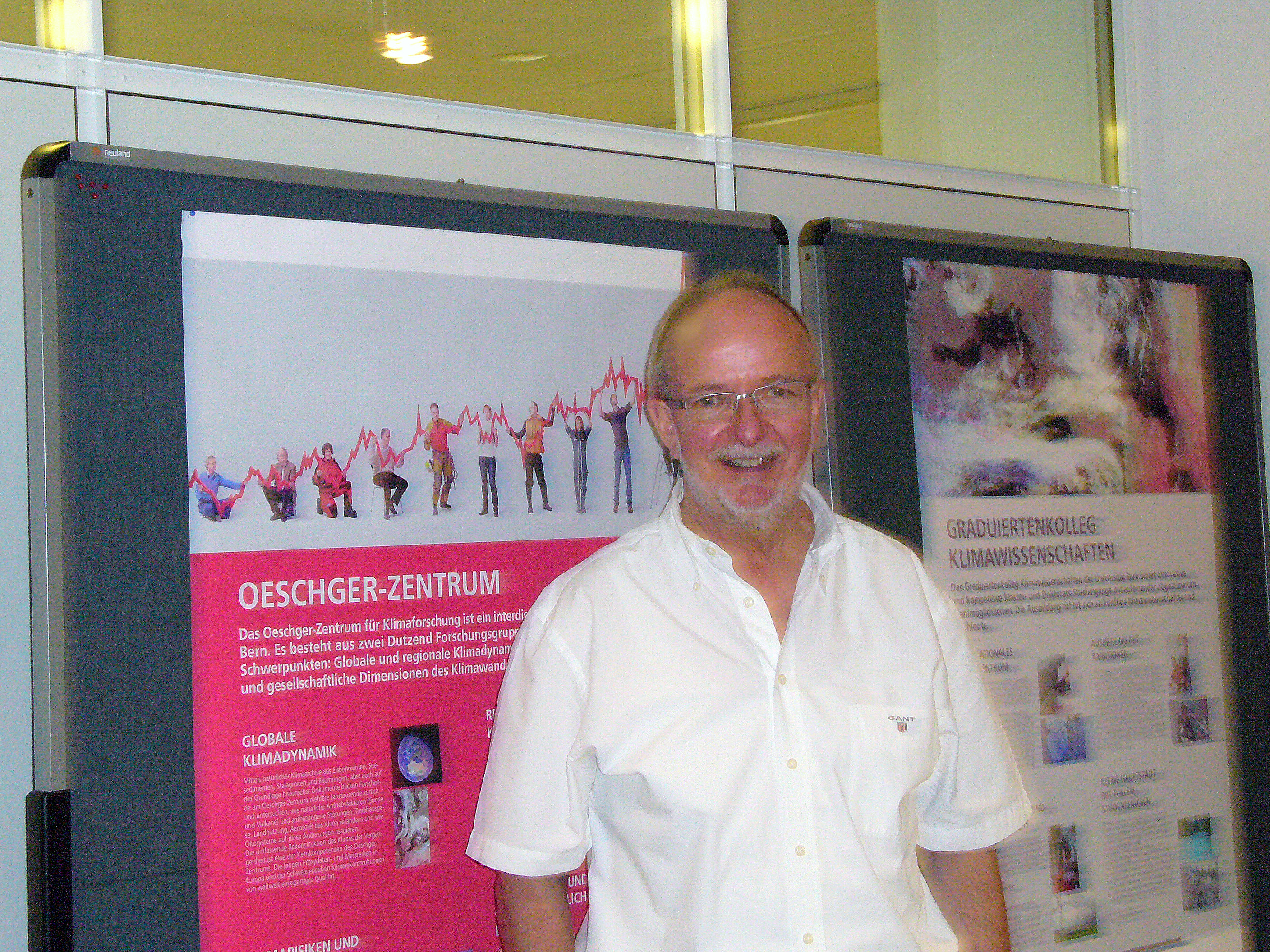
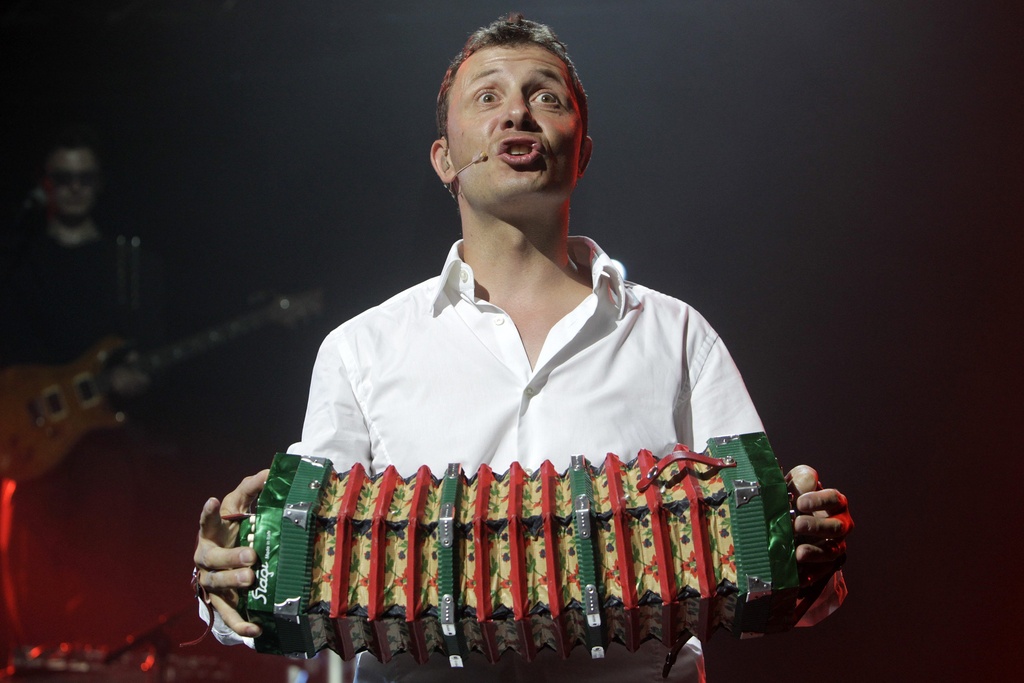
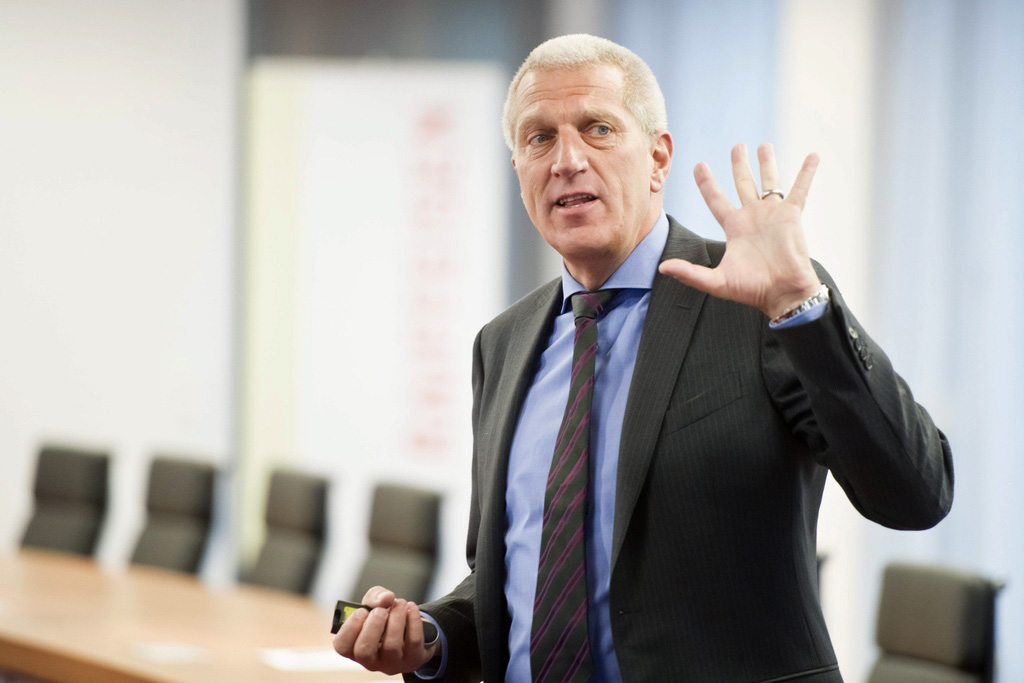
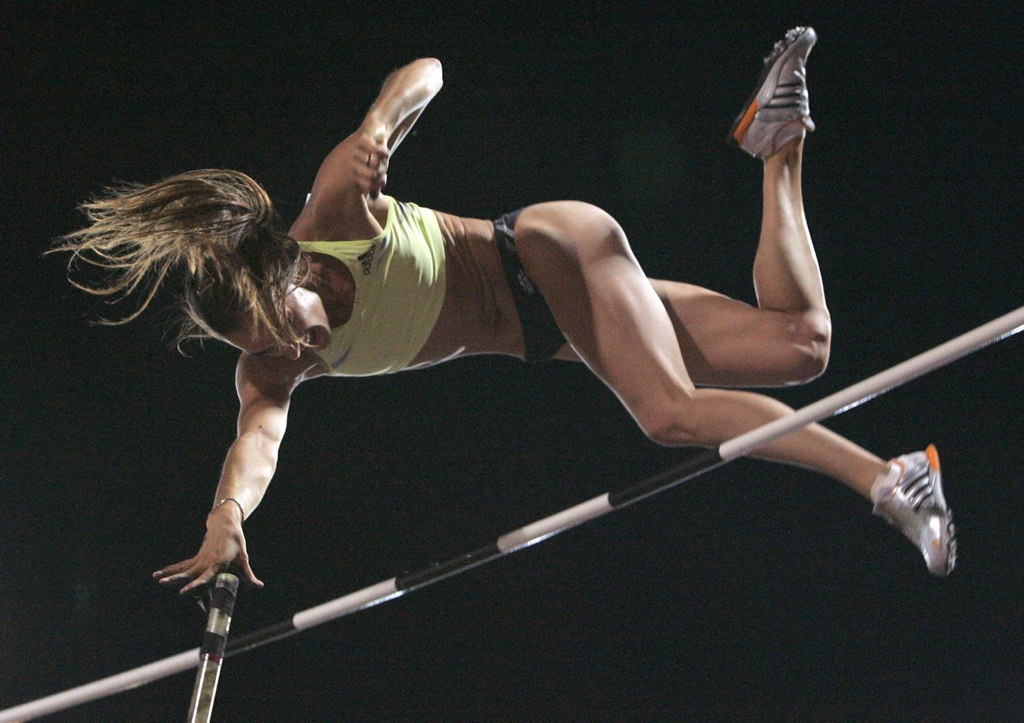

You can find an overview of ongoing debates with our journalists here. Please join us!
If you want to start a conversation about a topic raised in this article or want to report factual errors, email us at english@swissinfo.ch.